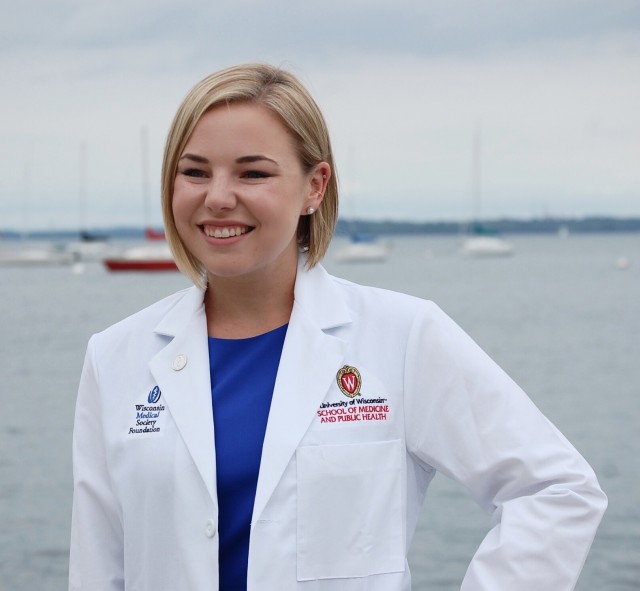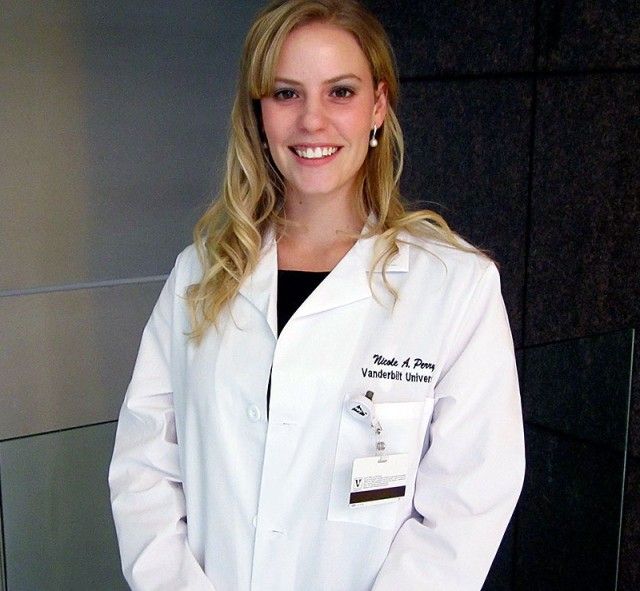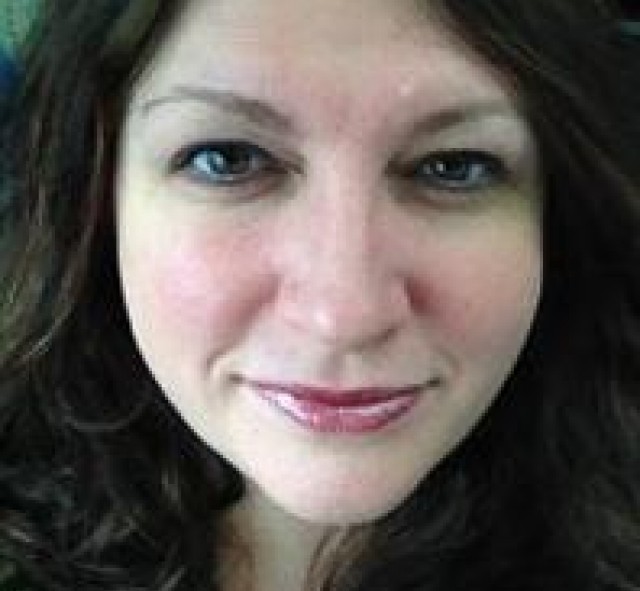Springfield, Ohio – Two years of hard work have paid off for Wittenberg University and its nursing faculty as it was announced recently that the nursing program achieved accreditation through the Commission on Collegiate Nursing Education (CCNE), a nationally recognized accrediting agency and the accrediting arm of the American Association of Colleges of Nursing.
“Achieving accreditation – while a tremendous affirmation and cause for celebration – doesn’t mean that the work is done. Now we will continue to work hard to maintain this honor,” said Elizabeth Sorensen, professor of nursing and director of Wittenberg’s program.
“It was exceptionally exciting and worth every bit of the work. They actually notified us a month before I expected their answer,” she added. “I think waiting for anything that you’ve put so much heart into, and upon which such enormous stakes rest, is always terribly difficult, but I knew we had done our level best. We could not have done better.”
Accreditation means that the nursing program has been nationally recognized as meeting the standards of its profession. The process of earning accreditation was Sorensen’s personal priority when she was hired in July 2014. Wittenberg’s nursing program was the brainchild of Thomas Taylor, professor of history, and Joyce Zurmehly, former nursing program director, who obtained the original approvals for Wittenberg to offer the Bachelor of Science in nursing degree (BSN).
“Becoming a nurse is something I have aspired to since I was young. When I found out my freshman year that there was a nursing program coming to Wittenberg, I was beyond excited,” said Wittenberg student Brooke Tepe, who plans to graduate in 2018. “Now being a junior and well into the program, I can't even put into words the amount of knowledge I have gained in just one year. Since the accreditation has officially been passed, it is going to make my journey at Wittenberg that much better.”
Wittenberg initiated the accreditation application in April 2015, as soon as it was permitted to do so, which was one year after its students first enrolled. The decision was based on the critical need to be accredited by Spring 2017 - the first year Wittenberg will have students ready to graduate from the program.
“Earning accreditation goes far beyond affirming that Wittenberg has a high-quality nursing program,” Sorensen said. “Accreditation allows Wittenberg nursing to professionally affiliate with large hospital systems in which our students will be permitted to learn. It allows us to apply for grant funding and to more widely market our BSN program. National initiatives call for 80 percent of hospital-based registered nurses to complete the BSN by the year 2020, and the BSN has become the preferred credential at hire. Research has shown that patient outcomes improve as nurses’ education increases.”
The accreditation was effective as of Feb. 17, 2016 when Wittenberg hosted the CCNE site visit.
“Graduating from an accredited program is critical when students are ready to attend graduate school,” said Mary Jo Zembar, interim provost and professor. “This also means that Wittenberg can market its program in organizations that allow only accredited nursing programs to access their employees. This is welcome news for Wittenberg. I am grateful to everyone who worked on or participated in the accreditation process.”
In 2013, Wittenberg was approved to offer individuals who were already registered nurses (RNs) the opportunity to complete the BSN, and the first three RN-BSN students enrolled in Spring 2014. All together the nursing program has grown from three students to about 75 total RN-BSN and Nursing Pathway students today.







